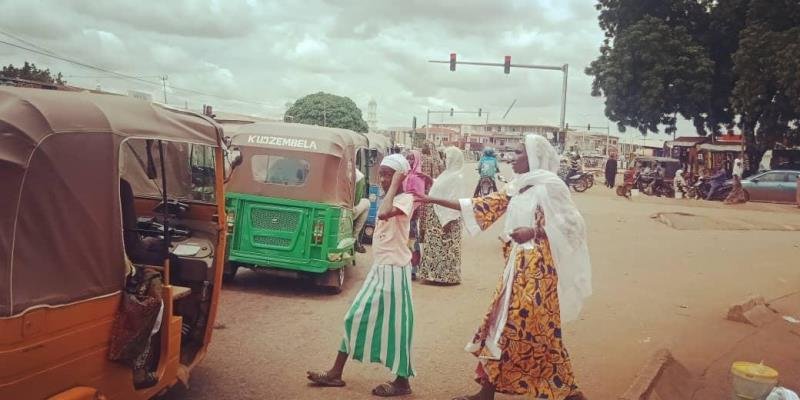Street beggars in the Tamale Metropolis in Ghana’s Northern Region have appealed to the government and other stakeholders to empower them with vocational skills to make them employable.
Madam Fati Adams, one of the beggars, who spoke to Ghana News Agency (GNA) in an interview, implored Civil Society Organisations (CSOs) to collaborate with the government to help them to undergo self-employable skills training to enhance their livelihoods and living standards.
She said the establishment of vocational training programmes such as tailoring, handicraft, and other skills would support them to become economically resilient and positioned to contribute to the development of their communities.
Madam Adams appealed to the authorities to provide them with both psychological and emotional support, especially to Persons With Disabilities to help empower them to also contribute to the development of the country.
Mr. Suli Abdul, a beggar who is physically challenged, reiterated the need for authorities to empower them with entrepreneurial skills, saying, “Our livelihood is centred on street begging because we have no support coming from anywhere”.
He said, “My family has rejected me due to my disability, and l have no choice but to beg on the street to survive”.
He urged the government to put in place the necessary measures for beggars to become productive members in society.
Madam Joyce Kulevo, an Officer at the Department of Social Welfare, told the GNA that street begging was a punishable offence in Ghana, adding that, it was unlawful to use children to beg or use them to help in begging.
She indicated that such action was against the rights of children and said those adults who used children in the business of begging could be charged for child abuse and advised beggars to stop engaging children in the act.



